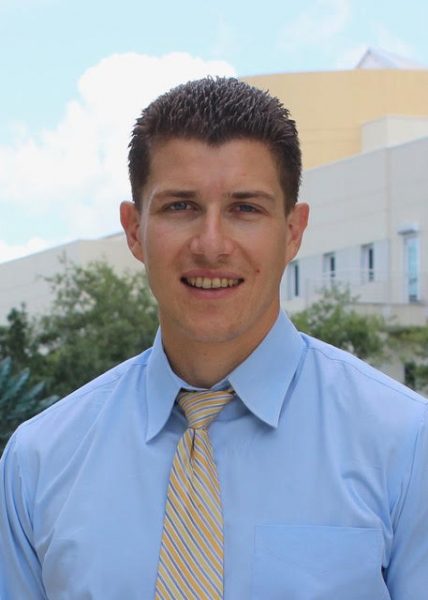
The department of psychology is excited to introduce Dr. Miguel Villodas. Dr. Villodas conducts clinical research that is focused in two primary areas. First, he uses advanced quantitative methods to identify the risk and protective processes through which violence, abuse, neglect, and other adverse and traumatic events contribute to maladaptive academic, social, behavioral, and occupational outcomes among children and adolescents from at-risk and ethnic minority populations. A large proportion of this work has focused on children and adolescents who are at-risk for child abuse and neglect and/or have been in foster care. However, he also studies risk and protective processes among ethnic minority children and adolescents who are at risk for adversity as a result of living in an under-resourced environment, as well as among children with attention-deficit/
Building on these findings, he conducts research on the development, adaptation, refinement, and evaluation of evidence-based psychosocial intervention strategies to promote physical, academic, social, and emotional well-being among diverse children and adolescents, as well as their families. While these interventions are often targeted for children and adolescents who are at-risk for violence exposure, living in urban poverty, or have been exposed to other forms of adversity, he also conducts research on the development and evaluation of evidence-based psychosocial interventions for diverse children with ADHD and disruptive behavior disorders.

